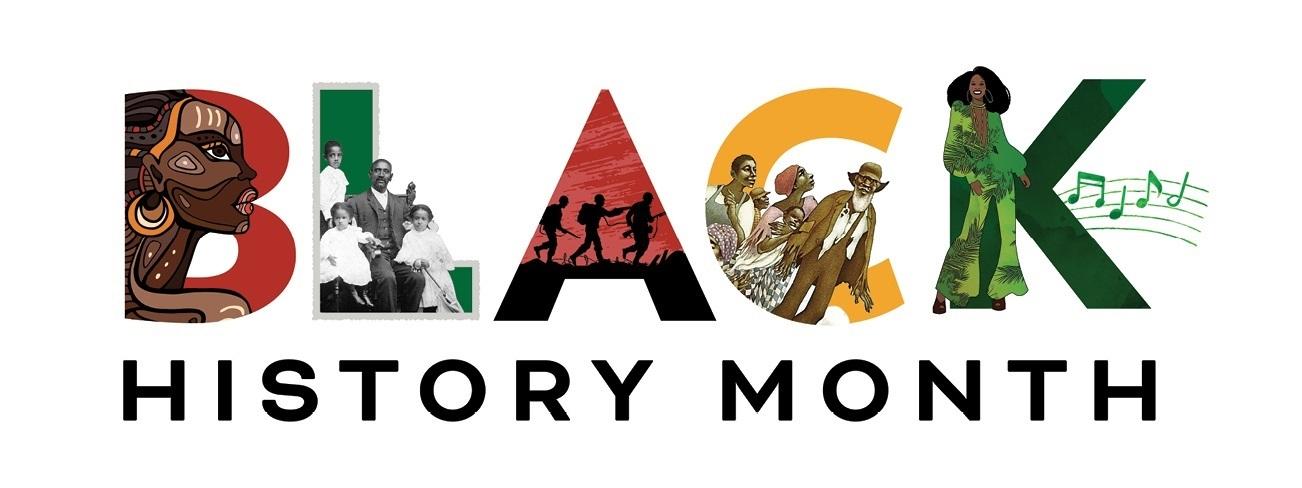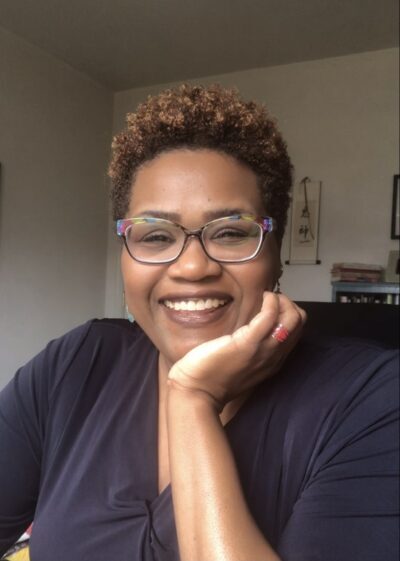
Hopson’s Transformative Poetry Sparks Exploration

On Origins
Cheryl R. Hopson
Last night I dreamed that I,
not my house but I was a stop
on the Underground Railroad, and I
huddled masses in the bend and tuck
of my skirt and bellowed “Shhhh,”
and the safe space of I held, until
I sent them flying, fleeing not knowing
but trusting in the strength of the well-oiled
collective, and I awoke, startled
by what was, for all intents and purposes,
a nightmare—
Reverse me, She
born 110 years before
the Emancipation Proclamation, born
unfree to a woman born
unfree to a woman born free
and speaking an old tongue, carrying
life that begot life, that begot
me, and I reverse the curse,
end it.
Hopson, assistant professor of English and African American Studies at Western Kentucky University in Bowling Green, poet and essayist, and Kentucky Foundation for Women Board member, believes in the transformative power of art.
When her poem “On Origins” was published in Third Stone Journal in 2019, Cheryl Hopson never dreamed it would become a springboard for a conversation about race, equity and justice.
But for Black History Month students in Bowling Green, area high schools will have a chance to write a poem or essay that responds to and explores her powerful ideas.
“Poetry is one of the ways we learn to empathize. We learn to understand, if not experience, others’ emotions. When that happens, we are not alone. We are in community.” said Hopson. “It is the richness of art that causes us to engage in conversations that are transformative, uplifting and edifying for all of us.”
Her commitment to social change is deep, as she shared for a KFW board member profile in 2019, Hopson knew that she was a feminist from as early as ten years old. “It was not until college that I was able to grasp more fully, through study, what it meant to be a Black feminist. I am a Black queer woman academic, aunt, wife, daughter, sister, professor, friend, and colleague,” said Hopson.
The creation of “Origins” was spurred on by the advice of Hopson’s older sister to “do what you do best—write our story.” “I am leaving notice that generations of Black women, known and unknown, were here. This is an inter-generational poem and a definitive statement of no more!” said Hopson. “I hope it opens up space for the women who come after me.”
“Each time I leave my house, and as my full self, I am a walking feminist/social protest movement – that is, in my everyday living I advocate parity and equality between genders, and believe in the possibility of a free and just U.S. society.”
Toward this end, she urges women of color to apply for Kentucky Foundation for Women grants. “We are here for you!”
When it comes to honoring Black History Month, Hopson encourages us to “honor the everyday Black people you encounter. Meet others with grace and compassion and openness. Question the roots of fear and hate. Respect their humanity. To not recognize that is to do a disservice to creation every day of every year.”


